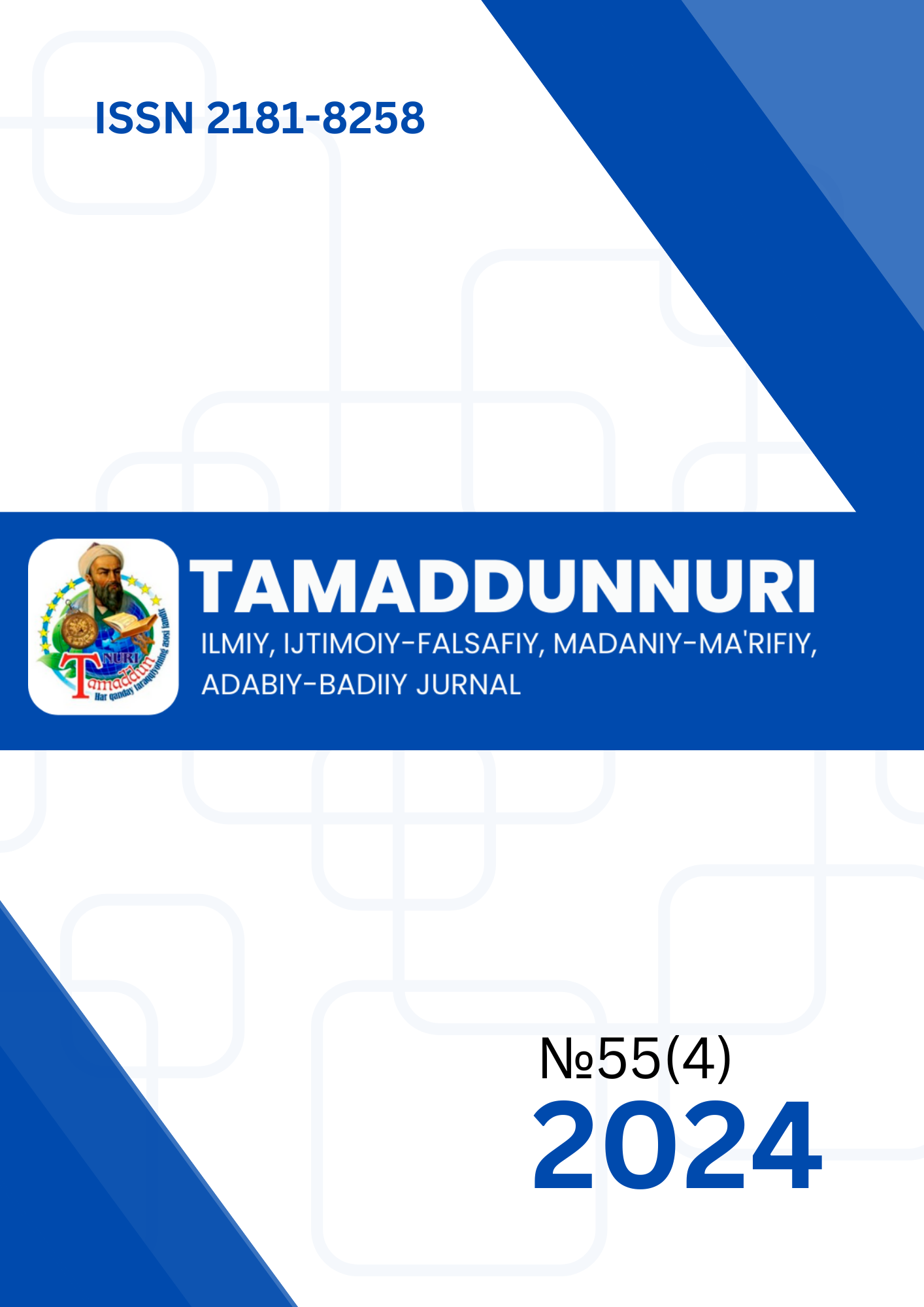Formation of cognitive competence of primary school students based on an integrative approach stages of the process
DOI:
https://doi.org/10.69691/ftcprc90Keywords:
competence, primary school teacher, primary school students, development, independence, activity, motivation, cognitive competence, stages, educational activity, differentiated teaching methods, interests, positive attitude, educational positionAbstract
The article examines the role of teacher competence in the development of primary
school students' competence. The author emphasizes that even the most successful teachers may encounter
students who are limited in their activity and ability to think creatively. To solve this problem, it is
proposed to create individual learning strategies, including additional assignments, projects and group
work. The article also describes three stages in the development of cognitive competence in primary school
children.
References
Выготский Л.С. Педагогическая
психология. Л.С.Выготский, В.В.Давыдов. - М.,
- 400 с.
Слободчиков В.И. Генезис
рефлексивного сознания в младшем школьном
возрасте /В.И.Слободчиков, Г.А.Цукерман
//Вопросы психологии - 1990. - №3 - С.31-42.
Хуторской, А.В. Ключевое понятие
компетентности в современном образовании.
Знание. Понимание. Умение, 4, 58-64 2011 г.
O‘zbekiston Respublikasi Prezidentining
Farmoni, 29.04.2019-yildagi PF-5712-son.
Pedagogik atamalar lug‘ati // R.X. Djuraev
va boshqalar.- “Fan” nashriyoti. Tashkent. -2008.
- b. 105-sahifa.
The U.S. National Board of Education
Assessment (NAEP). “Trends in the cognitive
development of children from 4 to 18 years old.”
Washington, DC: U.S. National Board of Education
Assessment, 2021. 54 p.
Downloads
Published
Issue
Section
License

This work is licensed under a Creative Commons Attribution-NoDerivatives 4.0 International License.



